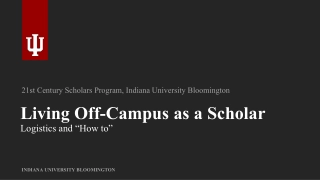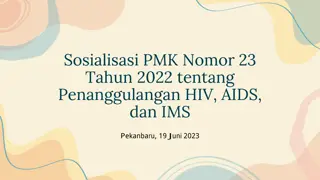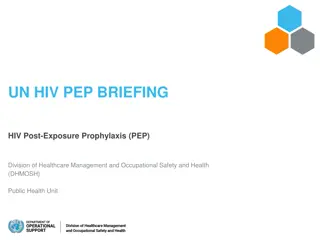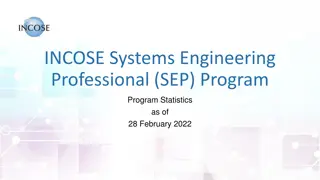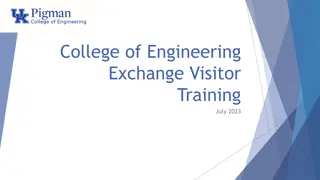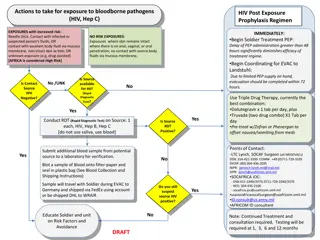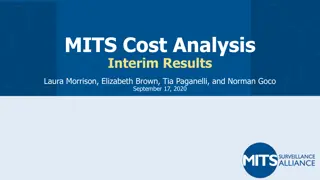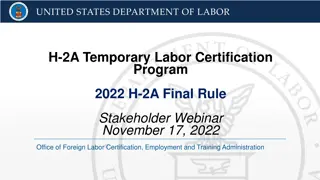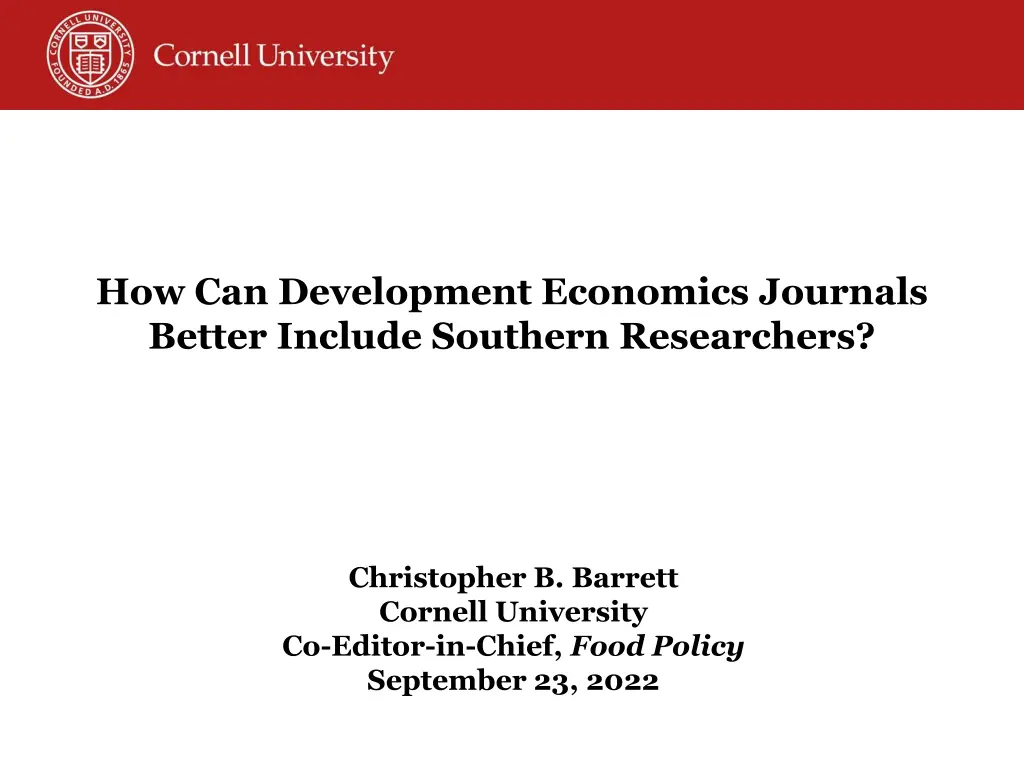
Enhancing Inclusion of Southern Researchers in Development Economics Journals
Learn how development economics journals can better incorporate Southern researchers to address inequity, reduce malpractice risks, and enhance impact. Strategies include mentoring, editorial actions, and decolonizing policies.
Download Presentation

Please find below an Image/Link to download the presentation.
The content on the website is provided AS IS for your information and personal use only. It may not be sold, licensed, or shared on other websites without obtaining consent from the author. If you encounter any issues during the download, it is possible that the publisher has removed the file from their server.
You are allowed to download the files provided on this website for personal or commercial use, subject to the condition that they are used lawfully. All files are the property of their respective owners.
The content on the website is provided AS IS for your information and personal use only. It may not be sold, licensed, or shared on other websites without obtaining consent from the author.
E N D
Presentation Transcript
How Can Development Economics Journals Better Include Southern Researchers? Christopher B. Barrett Cornell University Co-Editor-in-Chief, Food Policy September 23, 2022
Development economics peer-reviewed publications overwhelmingly come from HIC authors. Multiple problems: - Inequity - Increased risk of malpractice, misinterpretation, or misspecification - Less long-term investment in translating research into impact Hard issue with multiple causes. What to do?
Rural non-farm economy Supply side ideas Address the unwritten curriculum problem STAARS Fellows approach (http://barrett.dyson.cornell.edu/staars/fellows/) - Intensive individual and small group research mentoring and professional development training in a networked model. Schreiber et al. AEPP 2022
Rural non-farm economy Demand side ideas Directly address through editorial actions - Decolonizing development policy statement backed up by editors actions: Decolonizing research Food Policy is committed to taking real steps to ensure that its publishing processes are critically engaging with the broader agenda of decolonization research and publishing about disadvantaged populations. We commit to 1. increasing the representation of scholars from underrepresented groups and Low and Middle-Income Countries (LMICs); 2. Ensuring that our editorial board is diverse in terms of disciplines, gender, geography, and underrepresented groups in research Toward that end, we expect that 1. submissions that use primary or secondary data from LMICs or underrepresented groups invite scholars from those countries or groups to make substantive contributions for earned authorship per the Contributor Role Taxonomy adopted by Elsevier; 2. authors cite LMIC scholars' published work on the subject country; and 3. authors acknowledge LMIC institutions or individuals, or underrepresented groups that provided support at any stage of the research process. - Level 3 copy editing service - LMIC peer reviewer training and recruitment

